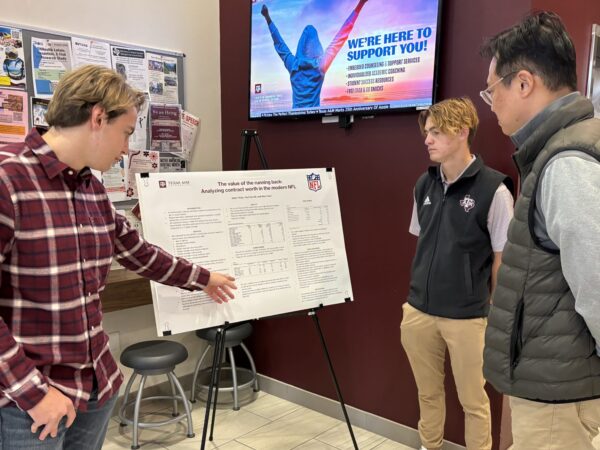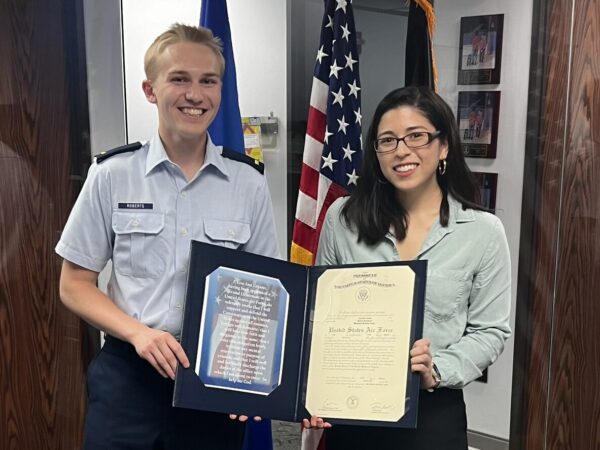Fear Limits Self-Management In Type 2 Diabetes
In 2017, 13 percent of all individuals diagnosed with Type 2 diabetes in the United States were African-American. This is the second highest diagnosis rate for a demographic in the country.
Dr. Ledric Sherman, assistant professor in health education, focuses his research on fears African-American men experience in managing Type 2 diabetes, as well as developing strategies to manage the disease.
“For those living with Type 2 diabetes, at least twice a day, usually morning and night, have to prick their finger, get a drop a blood, and then put it on the testing strip to get an accurate reading for blood glucose level,” Dr. Sherman said.
He said African-American men living with diabetes commonly fear shortened lifespans, limb amputations and needles. A participant in Dr. Sherman’s study quit his job as a bus driver due to fear of possible infection in his finger injection site from touching a shared steering wheel daily.
Diabetes can shift the way individuals live and work. But with disease management, the shift is usually positive.
After studying individuals with Type 2 Diabetes, Dr. Sherman began developing self-care approaches. He encouraged study participants to create a support system enabling positive changes, like a healthier diet and lifestyle.
“The first part to growing the support system is admitting or opening up to someone you trust and letting him or her know that you are struggling,” he said. “Family members, friends, colleagues, health ministries through churches and even nurses can help.”
He recommended men rely on their support system, at work or at home, for help with things like reading nutrition labels, portioning and remembering to check blood glucose level.
“The diet is hard for men at first especially if they don’t get the right kind of training early on. Some people just don’t have that access. There are people who get two of their three meals a day from a fast food window. That can put someone on a fast path to complications,” he said.
Dr. Sherman’s research shows that many of the African-American men in his studies are rarely informed on how to manage the disease well. Learning about family history and conducting a self-assessment of current behavior patterns can make managing diabetes easier.
Dr. Sherman also researches masculinity as a barrier to diabetes management. He said some men allow their ego to get in the way of visiting a doctor or asking for help, while others are breaking down that barrier.
“What we are finding now is a reverse trend. There are some men who are saying, ‘You know, I need help, I want help, I want to live to have grandchildren, or I want to be here with my wife as long as I can’,” Dr. Sherman said.
To learn more about Dr. Sherman’s research visit tx.ag/shermanresearch.
About the Writer
Heather is responsible for news coverage in the Department of Health and Kinesiology, as well as the Department of Educational Administration and Human Resource Development.
Articles by HeatherFor media inquiries, contact our Media Relations Coordinator, Ashley Green














